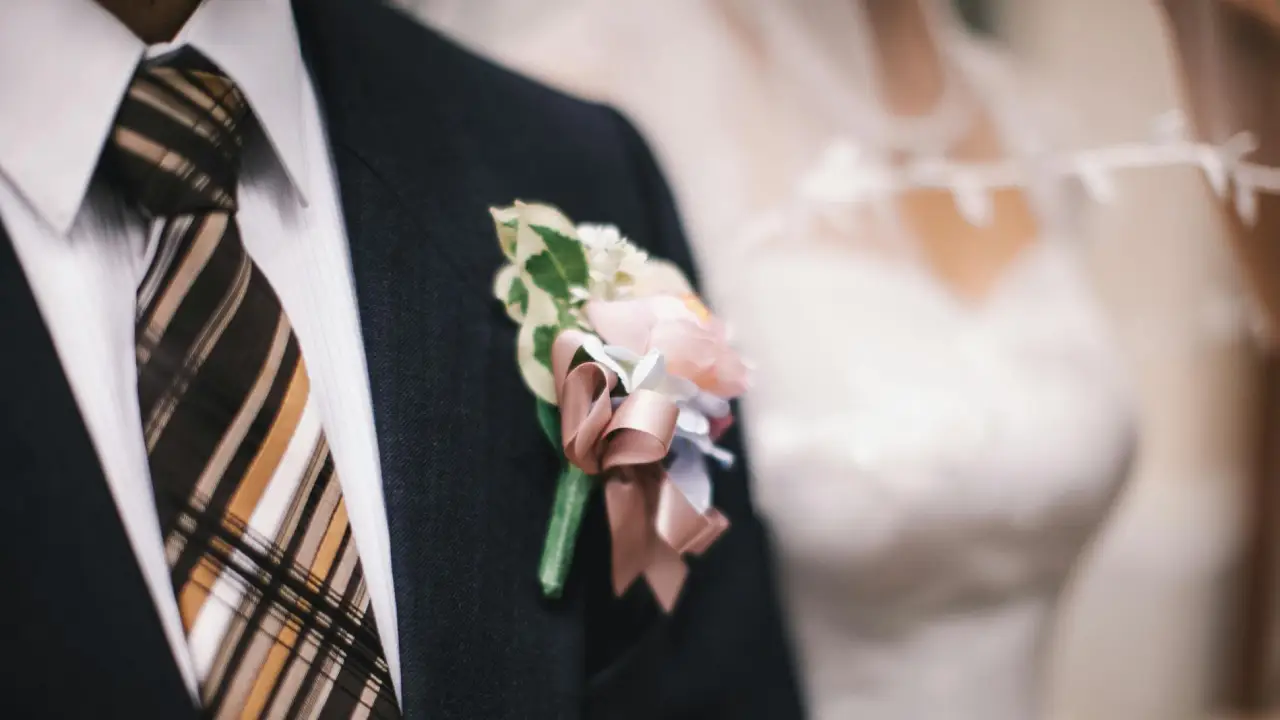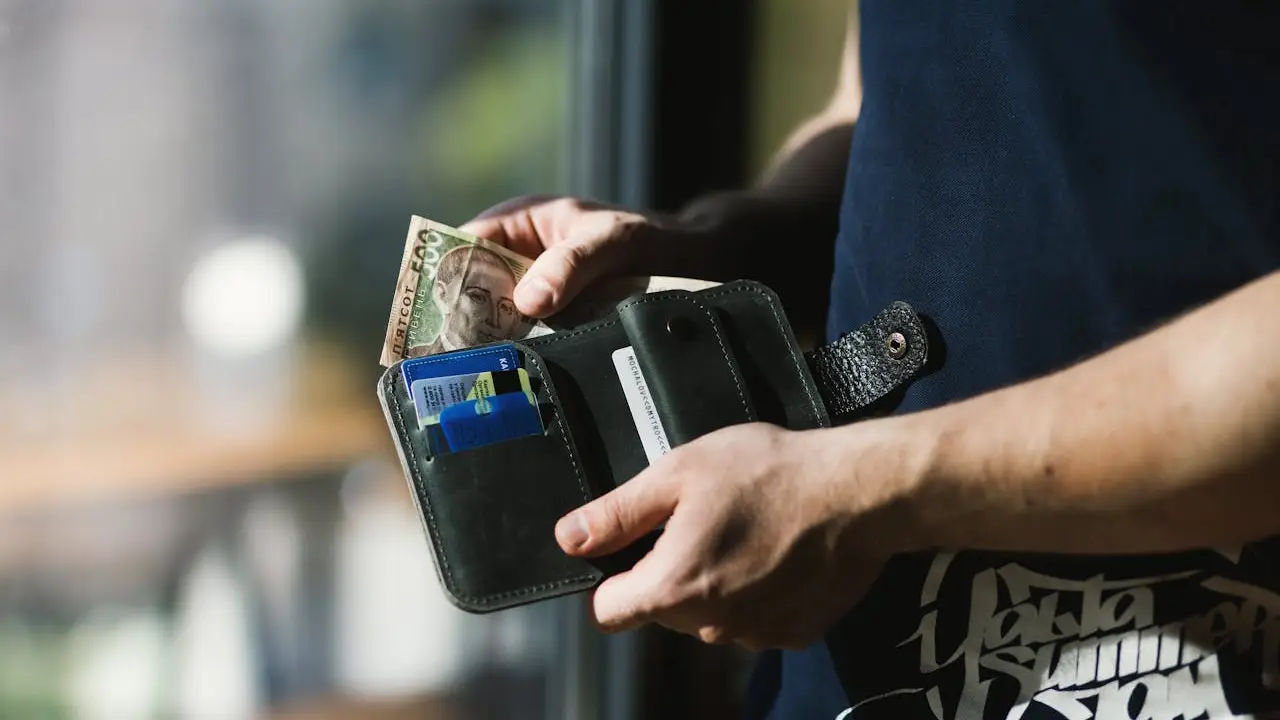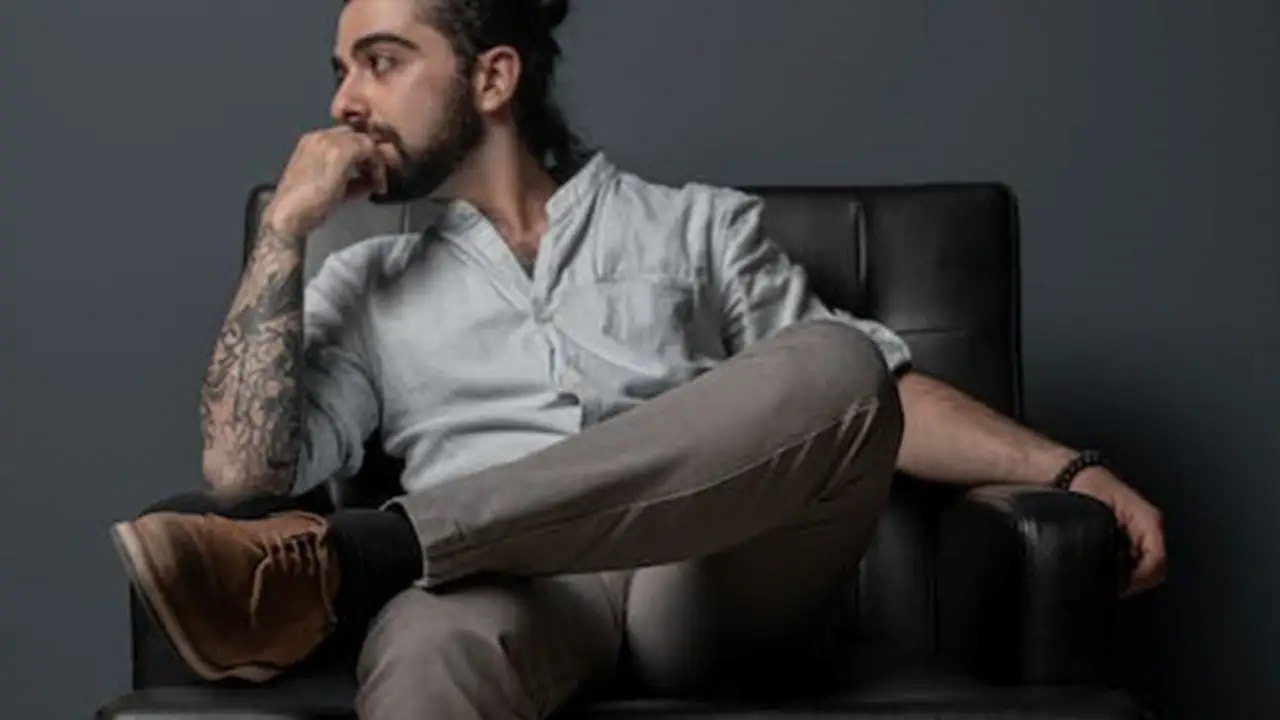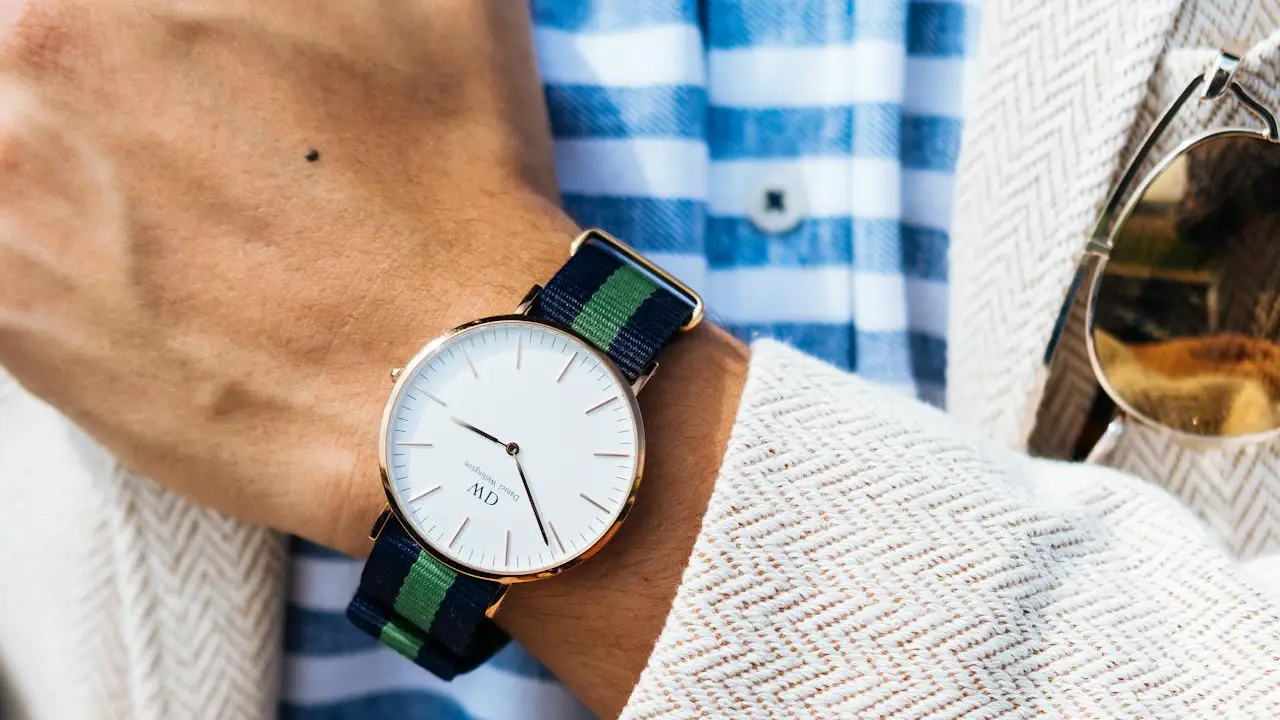Navigating the professional landscape in India often demands a delicate balance between tradition and modernity, particularly in the realm of office attire. Gone are the days when corporate dressing strictly adhered to Western norms. Today, there’s a delightful fusion finesse at play, where ethnic elements seamlessly intertwine with contemporary fashion sensibilities.
Embracing this fusion isn’t just about following trends; it’s about expressing cultural identity, fostering creativity, and exuding confidence in the workplace. Let’s delve deeper into how professionals across India are redefining office fashion by incorporating ethnic touches into their everyday wardrobes.
Elevating the Everyday:
In a fast-paced corporate environment, attire serves as more than mere clothing—it’s a statement of professionalism and personality. Traditional Indian attire, once reserved for festive occasions or formal gatherings, is now finding its way into boardrooms and cubicles.
From vibrant sarees to intricately embroidered kurtas, professionals are infusing their wardrobes with elements of ethnic charm. These pieces not only celebrate India’s rich cultural tapestry but also add a unique flair to mundane office wear.
For instance, imagine stepping into a Monday morning meeting adorned in a handloom saree, accessorized with contemporary jewelry. It’s a bold yet elegant statement that seamlessly bridges the gap between tradition and modernity.
Embracing Diversity:
One of the most beautiful aspects of Indian culture is its diversity, reflected not only in language and cuisine but also in fashion. Each region boasts its own distinct sartorial heritage, offering a myriad of options for professionals looking to add a touch of ethnicity to their attire.
For example, a professional hailing from Gujarat might opt for a vibrant Bandhani dupatta to accessorize a formal outfit, while someone from Bengal may choose a handloom cotton kurta for its understated elegance. By incorporating these regional influences into their wardrobes, professionals pay homage to their roots while making a style statement that’s uniquely their own.
Breaking Stereotypes:
The integration of ethnic elements into office attire isn’t just about fashion—it’s also a powerful tool for challenging stereotypes and fostering inclusivity. In a society where Western attire is often equated with professionalism, embracing ethnic wear in the workplace can be a revolutionary act.
Consider the impact of a male professional confidently sporting a Nehru jacket or a Pathani suit in a corporate setting. Not only does it challenge conventional notions of masculinity and attire, but it also encourages dialogue and acceptance of diverse sartorial choices.
Moreover, the acceptance of ethnic wear in the workplace sends a message of inclusivity, welcoming individuals from all backgrounds and cultures. It’s a celebration of diversity that extends beyond boardroom meetings to shape corporate culture and identity.
The Power of Personal Expression:
At its core, fashion is a form of self-expression—an outward reflection of our inner selves. By infusing ethnic elements into their office attire, professionals in India are reclaiming their cultural heritage and asserting their individuality in a sea of conformity.
Whether it’s a statement accessory, a handcrafted textile, or a traditional silhouette with a contemporary twist, each sartorial choice speaks volumes about one’s identity and values. In a world where uniformity often reigns supreme, embracing ethnic wear allows professionals to stand out while staying true to their roots.
Moreover, incorporating ethnic elements into office attire fosters a sense of pride and connection to one’s heritage. It’s a reminder of the rich tapestry of traditions that have shaped us and a celebration of the diversity that makes India truly unique.
Promoting Sustainability:
Beyond cultural significance, the resurgence of ethnic wear in the workplace also aligns with the growing trend towards sustainable fashion. Handloom textiles, artisanal craftsmanship, and traditional weaving techniques not only lend a unique aesthetic appeal but also promote ethical practices and support local artisans.
By opting for handcrafted ethnic pieces over mass-produced garments, professionals contribute to the preservation of traditional crafts and promote fair trade practices. It’s a conscious choice that goes beyond fashion, reflecting a commitment to environmental conservation and social responsibility.
Fostering Creativity and Innovation:
Incorporating ethnic elements into office attire isn’t just about adhering to tradition—it’s also about fostering creativity and innovation. Mixing and matching traditional garments with modern silhouettes opens up a world of sartorial possibilities, allowing professionals to experiment with style and express their individuality.
For instance, pairing a classic kurta with tailored trousers or layering a traditional dupatta over a contemporary dress can create a fashion-forward look that’s both sophisticated and culturally rich. By embracing this fusion of styles, professionals not only expand their fashion repertoire but also inspire others to think outside the box.
Moving Forward:
As the lines between traditional and modern attire continue to blur, the future of office fashion in India looks promisingly diverse and inclusive. By embracing fusion finesse and infusing ethnic elements into their wardrobes, professionals are not only making a style statement but also paving the way for a more culturally rich and accepting workplace.
So, the next time you step into the office, dare to defy conventions and embrace your cultural heritage with pride. After all, in a world where authenticity reigns supreme, there’s no greater fashion statement than being true to yourself.
What are your thoughts on infusing ethnic elements into modern office attire? Share your experiences and insights in the comments below!





